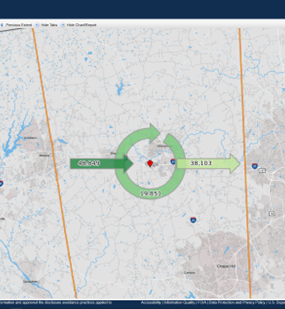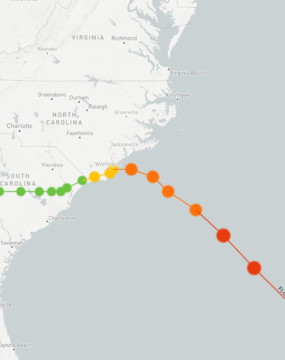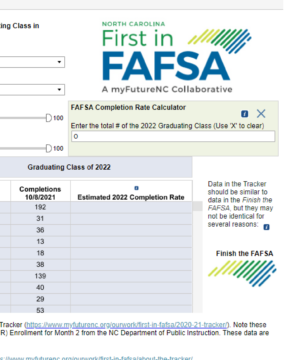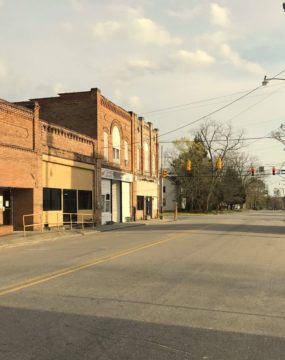Posts written by Thomas Gomes
Keep up with our latest demographic insights

We often receive requests around commuting patterns and answer questions like: How many people live in one location but work in another? How far do people travel to commute to work? What models of transportation do people take to work? Commuting data is particularly useful for thinking about economic development, infrastructure planning, home values, climate change, and other topics. This post will serve as our “How to Guide” on obtaining commuting data from the US…

This piece was originally published on Thomas Gomes' Medium. Do you often get tired of grabbing data directly off of census.data.gov? Or has the Census API been throwing errors in your code? Maybe you are just like the rest of us, wanting to streamline your workflows as much as possible. Well, Dr. Kyle Walker had all of us Census Data users in mind when developing TidyCensus, an R package that makes obtaining Census data so…

With UNC and Duke playing each other in the Final Four this weekend, all eyes will be on central North Carolina. 🏀 As local demographers based at UNC (#GoHeels), we have a professional obligation to present some demographic facts about both Orange County, NC and Durham County, NC. Percentage of first-time undergraduate students at University of North Carolina at Chapel Hill (entering in fall) from... Orange County: 8.3 Durham County: 3.8 Source: myinsight.northcarolina.edu Population 2010:…

Climate change affects us all, but that impact is not spread evenly across populations. In North Carolina, we are seeing changes ranging from coast line erosion and increased frequency of powerful storms to floods, drought, and increased temperatures. Rural communities are particularly vulnerable to the effects of climate change. Small rural towns are often less resilient – meaning they don’t have the ability to withstand or recover quickly from natural disasters– than their larger, more urban…

Picture this: You’re at a demography dinner party. (Let’s pretend we can have dinner parties again.) And the demography enthusiast next to you says, “Hey! Got a question for you. Which county in North Carolina is most like the state?” How would you answer? First, you’d want to know what parameters to include – e.g. what factors to consider in thinking through how to calculate your answer. To do that, we can start with an…

The application cycle for the 2022-23 Free Application for Federal Student Aid (FAFSA®) cycle began on October 1, 2021 and runs through 11:59 p.m. Central time (CT) on June 30, 2023. Students are strongly recommended to fill out the form as soon as possible after October 1 because awards are made until funds are depleted. Federal Student Aid, an office of the U.S. Department of Education, provides more than $150 billion in financial aid each…

What determines if an area is rural or not? Why is it relevant to distinguish between urban and rural at all? In this post, we talk about why defining rural areas is difficult, and how doing so correctly can improve the lives of those who live within them. Part of the difficulty lies in picking a definition. The variety of criteria is representative of just how complex of a topic this can be. How does…

Current FAFSA Completion in North Carolina Research has established a strong relationship between high school seniors completing the Free Application for Federal Student Aid (FAFSA) and their likelihood to attend college. FAFSA completion is also a key transition point along the educational continuum. An analysis of data from the National Center for Education Statistics shows that 88% of high school seniors who completed a FAFSA in 2012-13 had attended college by February 2016, compared to…
Your support is critical to our mission of measuring, understanding, and predicting population change and its impact. Donate to Carolina Demography today.